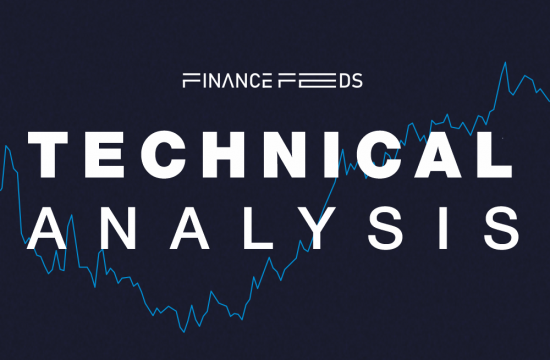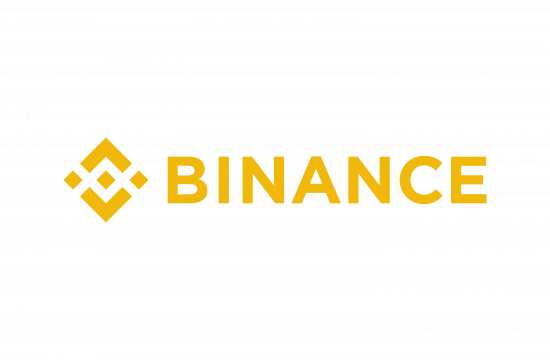ECB President Christine Lagarde said that the European Commission is set to release a legislative proposal defining the digital euro’s legal tender status and determine its privacy features in the near future.

Lagarde’s remarks come as part of an EC conference titled “Towards a legislative framework enabling a digital euro for citizens and for businesses.” During the same event, Queen Máxima of the Netherlands said she was encouraged by the European Central Bank’s work in launching a digital euro.
Elaborating her views on the subject, the head of the European Central Bank (ECB) noted: “The timely adoption of a legal framework for the digital euro would give all stakeholders the necessary legal certainty to prepare for its possible introduction and send a strong signal of political support,” Lagarde said. “I’m very much looking forward to the legislative proposal for establishing a digital euro, which the European Commission will propose shortly.”
Lagarde added that a digital euro could encourage financial inclusion among underserved communities by circumventing roadblocks, including transaction fees and documentation requirements.
The news comes after the European Parliament Committee on Economic and Monetary Affairs voted last month to advance a version of the much-debated Markets in Crypto Assets bill, or MiCA. The bill is now headed into final negotiations with the European Commission, the Council of the European Union and the European Parliament.
MiCA includes a 12-18 month adaptation period to prepare for the new laws set in place, which means that the laws could take effect in full at the start of 2024 at the earliest.
The MiCA legislation, first introduced in 2020, aims to provide a regulatory framework for digital assets for member states in the EU by 2025. The EU-wide regulatory framework that will grant passporting rights for crypto firm working across the continent.
The proposal also offers a bespoke legislative regime for crypto assets and relevant service providers not covered elsewhere in the EU financial services regime. While the initial draft had included explicit language that would have banned proof-of-work-based cryptos like Bitcoin, due to energy consumption concerns, the provision was struck after an outcry from the crypto industry.
Nevertheless, European regulators have yet to stake out the DeFi territory and its various applications. Recent news coverage has also highlighted the emergence of Non-fungible Tokens (NFTs). That said, the regulation of these transformative technologies is blurry. There is no such federal agency that has clear authority over a particular DApp, NFT, or even the entire industry.












